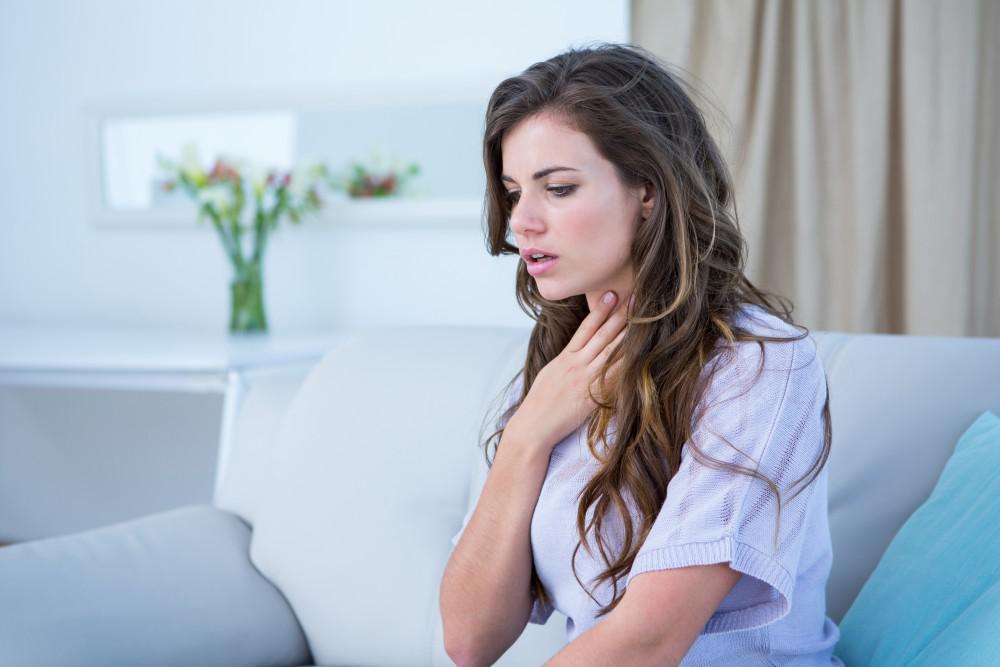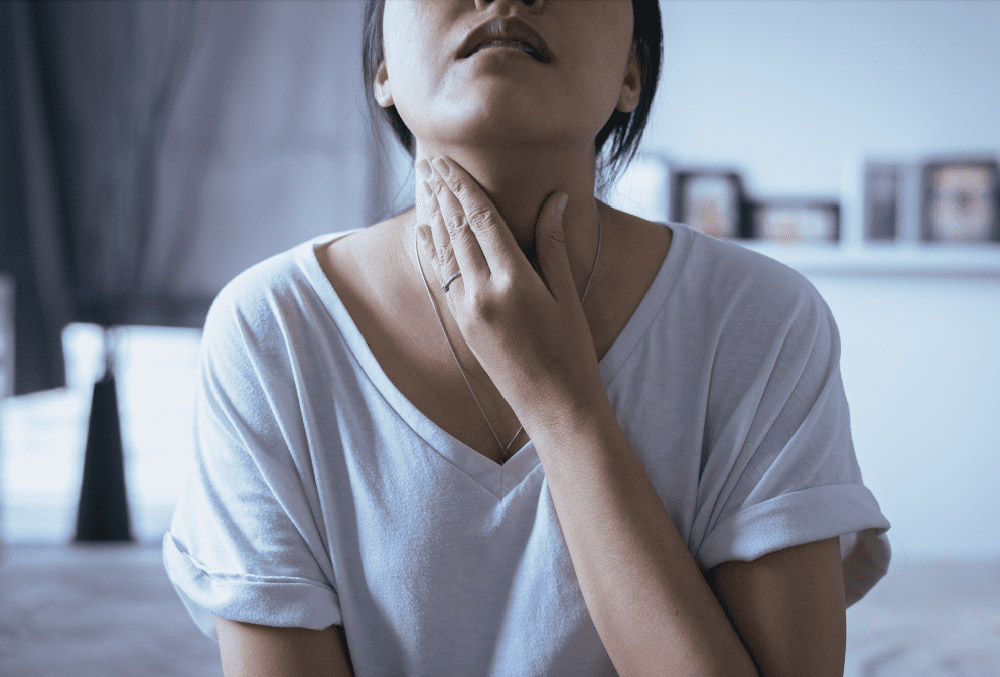What Is Erosive Gastropathy?
Erosive gastropathy occurs when the protective lining of the stomach breaks down, forming small erosions or sores. Unlike simple gastritis (inflammation only), it may cause minor bleeding visible during endoscopy or through symptoms like dark stools. Common ICD-10 codes are K29.50 (gastritis without bleeding) and K29.70 (gastritis with bleeding).
Common Causes and Risk Factors
- Long-term use of NSAIDs (e.g., ibuprofen, aspirin)
- Heavy alcohol consumption and tobacco use
- Severe illness, major trauma, or recent surgery
- Helicobacter pylori infection
- Chronic use of steroids or blood thinners
- Bile reflux back into the stomach
Signs and Symptoms
- Burning or gnawing pain in the upper abdomen
- Nausea or vomiting (possibly with blood)
- Early fullness or bloating after small meals
- Dark, tarry stools indicating internal bleeding
- Fatigue or weakness from slow blood loss
How Dr. Rishi Diagnoses Erosive Gastropathy?
Dr. Rishi Chadha uses a step-by-step approach:
Health History and Physical Exam
He reviews your symptoms, medication use (NSAIDs, steroids, blood thinners), alcohol and tobacco use, and any prior GI conditions.
Upper Endoscopy (EGD)
An endoscope is passed through your mouth into the stomach to directly visualize erosions, inflammation, or active bleeding.
Biopsy
Small tissue samples are taken during endoscopy to test for H. pylori infection and to rule out other causes like malignancy.
Blood Tests
- Complete blood count (CBC) to check for anemia from chronic blood loss.
- H. pylori antibody or antigen tests to confirm infection.
- Basic metabolic panel and liver function tests to assess overall health and guide treatment.
Imaging Studies (If Needed)
Abdominal ultrasound or CT scan may be ordered to exclude other sources of abdominal pain or bleeding.
Frequently Asked Questions
What's the difference between erosive gastropathy and gastritis?
Erosive gastropathy causes visible erosions or small sores in the stomach lining, whereas gastritis refers only to inflammation without actual tissue breakdown.
Is erosive gastropathy serious?
It can be. Mild bleeding from erosions may lead to anemia over time, and severe bleeding requires urgent medical attention.
What is the ICD-10 code for erosive gastropathy?
The codes are K29.50 for gastritis without bleeding and K29.70 for gastritis with bleeding.
Can erosive gastropathy heal without treatment?
Some mild cases improve with diet and lifestyle changes alone, but medical treatment accelerates healing and reduces complications.
Will I need an endoscopy to diagnose it?
Yes. An upper endoscopy (EGD) is the gold standard to confirm erosions, assess severity, and rule out ulcers or cancer.
What foods should I avoid?
Avoid spicy, acidic, or fatty foods as well as caffeine and alcohol, since they can irritate the stomach lining and worsen symptoms.
How long does treatment take?
Most patients experience significant relief within 4 to 8 weeks of appropriate therapy, including medications and diet changes.
Do I need to stay on PPIs forever?
Not necessarily. Many patients can taper and stop PPIs once the lining has healed and symptoms have resolved.
Can stress cause erosive gastropathy?
Yes. Physical stressors like serious illness, surgery, or trauma can trigger or worsen erosive changes in the stomach lining.
Is H. pylori linked to erosive gastropathy?
Yes. Infection with H. pylori can contribute to erosions, and treating the infection promotes faster healing of the stomach lining.











